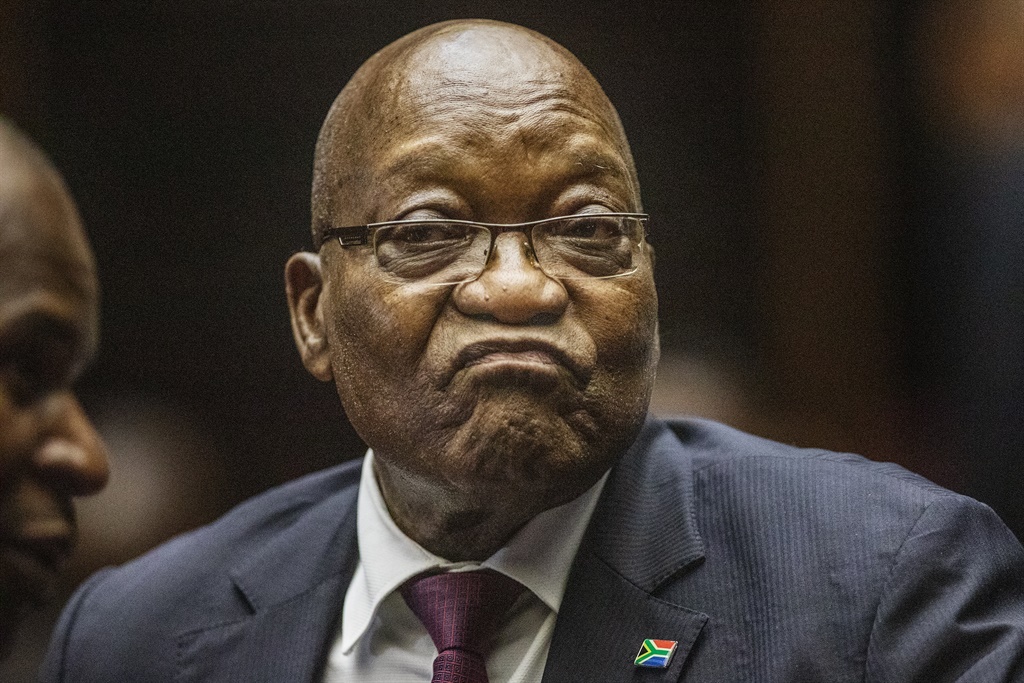There was more to the Zuma trial

South Africa's ex-president Jacob Zuma. PHOTO/ AFP/ FILE
What you need to know:
- With this context in mind, some commentators believe the highest court erred in hearing the commission’s application, while a standing recusal review application remains unsettled.
Your article in Daily Monitor of April 15, titled, “ Zuma told to suggest own sentence in contempt case” , was fair but lacked essential context. The article correctly pointed out that after staging a walk-out, the constitutional court ordered Zuma to appear before the commission. It does not, however, make any mention of two essential points.
One: Mr Zuma walked out of the commission’s hearings after his application for the commission chair, deputy chief justice, Raymond Zondo, to recuse himself was dismissed by the chair himself.
Two: Having failed in his application to the chair, Mr Zuma filed a review application with the high court, seeking to overturn the chair’s decision not to recuse himself.
It is only after his review application was filed, that the commission filed a competing application with the constitutional court, seeking an order to compel Mr Zuma to appear and give testimony at the commission. Mr Zuma, having a recusal review application that is - to date - yet to be opposed by the commission, declined to defend the commission’s concourt application.
With this context in mind, some commentators believe the highest court erred in hearing the commission’s application, while a standing recusal review application remains unsettled.
These same commentators consider the concourt’s unusual invitation to Mr Zuma - to indicate an appropriate sanction - as an attempt to legitimise an application that the concourt should never have heard in the first instance.
If these commentators are correct, then South Africa is facing a deep constitutional crisis with possibly far-reaching implications.
Fikile Ntuli, South African in Kampala




